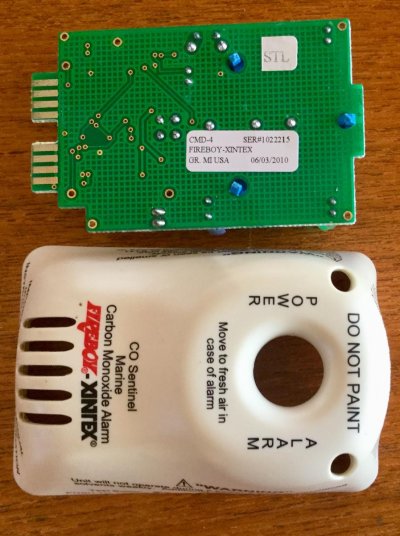schrater
Senior Member
- Joined
- Sep 4, 2016
- Messages
- 130
- Location
- USA
- Vessel Name
- Matilda
- Vessel Make
- Ponderosa (CHB) 35' Sundeck
I want to buy a small portable generator (for top side) that I can plug my shore power cable into for recharging my house batteries without having to run the big diesel. Basically I’m trying to figure out the minimum wattage output necessary for this.
I assume the most relevant info is I have a Xantrex Trucharge 40+. What factors do I need to look for?
I assume the most relevant info is I have a Xantrex Trucharge 40+. What factors do I need to look for?

